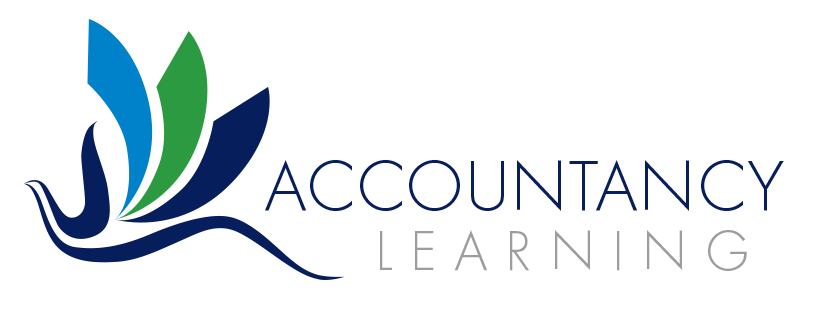Tutor Support via Distance Learning:
The focus of our article here will be on ‘distance learning’ support, since with college courses, there is usually little variation in the amount of tutor support provided, given the structured nature of the training provision. (Of course there may be a lot of variation in the quality of the service, but you won’t really know much about that until you have experienced it!)
So, if you have opted to study via distance learning, the tutor support provided will vary according to which AAT Approved Training Provider you choose to enrol with, and despite what you might think, the most expensive course is not always the best one to choose in terms of the support you might receive.
Two key areas to consider are:
- The tutor support available to you
- The learning resources provided to you
When you’re researching which provider to choose, a really useful question to ask would be:
“What is your tutor to student ratio?”
For example:
- Provider A has a 1:200 tutor to student ratio i.e. each tutor has a caseload of 200 students to support and look after
- Provider B has a 1:400 tutor to student ratio i.e. each tutor has a caseload of 400 students to support and look after
Given the above, it is logical that Provider A will be able to spend more time looking after their students than Provider B.
Another good question to ask would be:
“Will the tutor assigned to me at the outset, be the tutor I have for the whole of my AAT qualification?”
Again, this might vary between providers – some have tutors that specialise in particular subjects, so you could have a number of different tutors to get used to during your studies.
Other providers might have a different tutor for each level of your AAT qualification e.g. one tutor for your Foundation level and another one for your Advanced level and so on.
From our experience, students often become quite attached to their tutors, so will like to keep their tutor for the duration of their AAT qualification. Of course, you might find that you and the tutor allocated to you are ‘not a good fit’, so you should check that you can switch to another tutor if you wish to.
The next question you should ask is:
“How much tutor support will I be entitled to – is the support unlimited?”
You might assume that your tutor will be there for you whenever you get stuck or have a query and that you can ask them for help as much as you like – in other words, they are ready and waiting (‘on tap’) for you to get in touch with them.
In reality, this is unlikely to be the case. Given that tutors will have a caseload of students to support (see the first point made), you will have to ‘wait your turn’. It also may not be possible to simply phone up and speak to your tutor (or any tutor for that matter), so when conducting your research, do ask about this and ascertain what the usual ‘tutor turnaround’ time is for responding to queries and marking practice papers.
Additionally, ask whether your tutor support will be capped e.g. are there only going to be a certain amount of times that you can contact your tutor for help – will you have a set allocation of ‘tutor hours’ allocated to you?
A final question you could ask is:
“When will I be able to contact my tutor?”
Some training providers will only provide access to tutors supportduring normal working hours e.g. 9.00am – 5.30pm. If you have a full-time job and do your studying during the evenings and/or weekends, you won’t be able to get immediate support if you get stuck. Instead, you will have to leave a message for your tutor to get back to you. This is fine – it’s just something to be aware of. It’s ‘not quite so fine’ if you have to wait for more than say 24 (working) hours to get a reply, since this can hold you up with your studying.
Learning Methods and Materials:
Many distance learning courses will adopt a ‘blended’ learning approach – this means that learning materials could include a mix of:
- Interactive and/or non-interactive tutor presentations, some will include voiceovers (narration) and supporting transcripts that you can download
- Interactive and/or pdf activities, progress tests and practice assessments
- Interactive questions banks
- Text books – sometimes these are text books (or hard copy materials in a folder) produced by the training provider themselves, or they could be AAT approved text books written by one of three main publishers: BPP, Kaplan or Osborne
- Some providers offer online courses presented by a tutor – these are timetabled i.e. you will study a specific topic in each session. The presentations are often recorded so if you miss a session, you can watch it back at a more convenient time
To get a good idea of the type of materials you will receive, we thoroughly recommend that you request some sample materials from any training provider you’re considering enrolling with. We all learn differently, so it’s important that the training resources suit your particular learning style.






